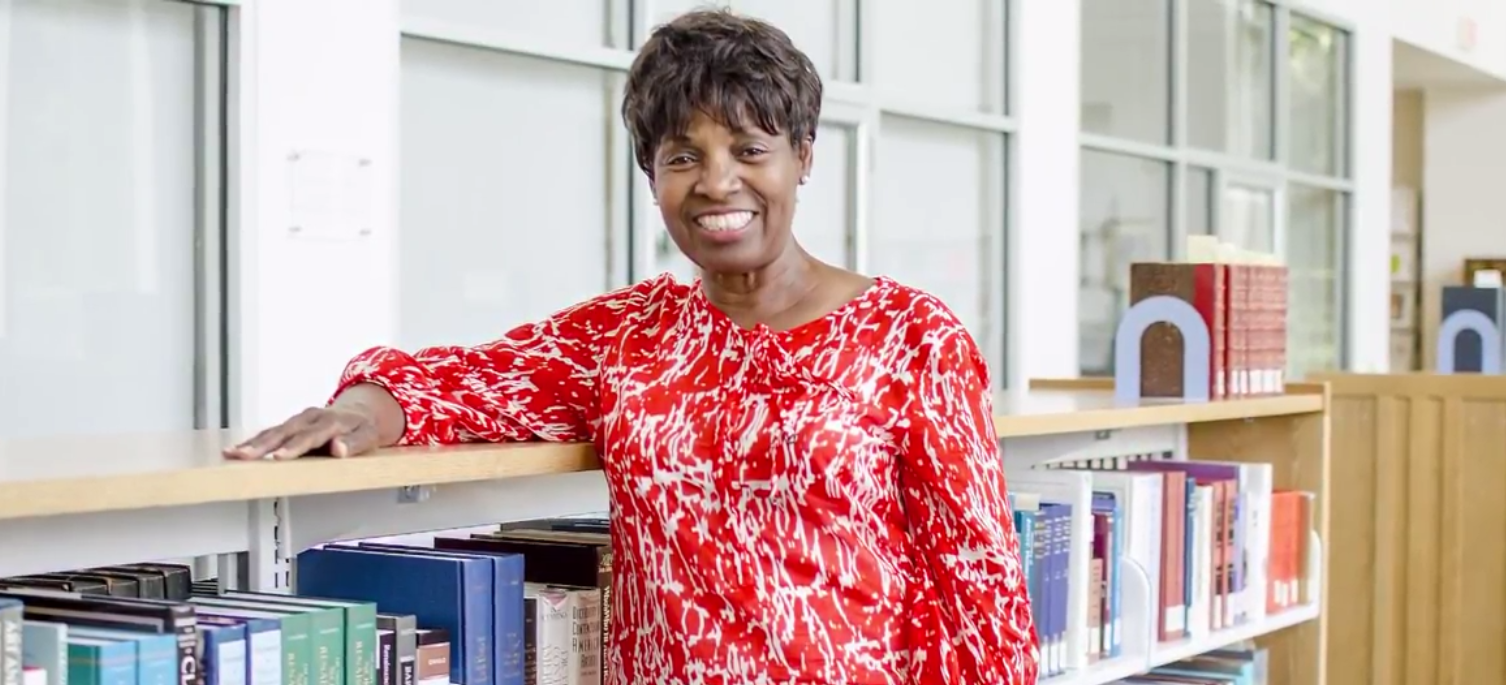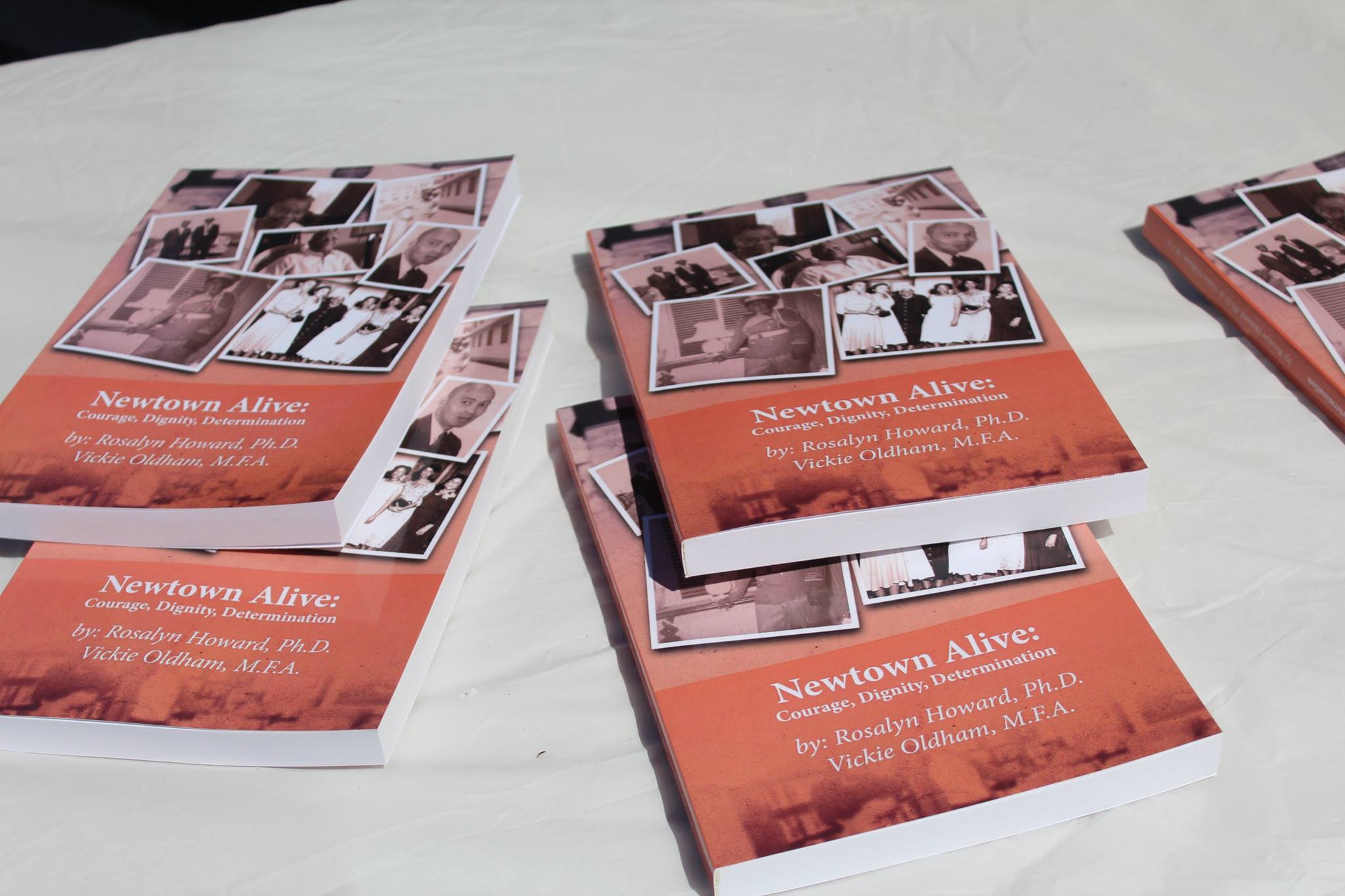In 1950s Sarasota, Shiela Sanders found her voice.
She sat in the back of the library.
Amid stacks of papers and books, Sheila Sanders sat separated from other patrons of the Sarasota County Public Library.
She was smart, competitive and stubborn. At age 5 she could read, write and tell time.
Sanders was black. In 1950s Sarasota, that meant many things.
It meant she went to an all-black school in Newtown. Sarasota wouldn’t integrate its public schools until 1962 — eight years after the landmark Brown v. Board of Education decision.
It meant she lived five miles from Sarasota’s white, sandy beaches but would not be allowed to visit until 1964.
And it meant that when Sanders went to the library, she sat in the back. To check out a book from a Sarasota Public Library, Sarasota’s black residents had to prove they owned land.
“My family did own property in Sarasota. We had lived here since the ’20s, but they wanted my parents to have to sign an order to check books out of the library,” Sanders said. “What they did is they let me sit in the stacks and read … The librarians were very, very kind. It wasn’t their rule. It was the rule.”
Despite the treatment she experienced there compared to her white counterparts, the library was her oasis. It afforded her the knowledge to dispel the stereotypes associated with her age, her gender and her race.
“People used to just assume that because you’re small, you’re younger, you don’t know anything,” Sanders said.
The injustice was clear.
“What bothered me about it is that tourists, who did not own property in Sarasota, were allowed to check out books,” Sanders said. “And I thought that was grossly unfair.”
Sanders was never one to rest on her age as an excuse. At the library, her presence was her protest. As she got older she found that her voice had power.
“I think it’s important that you’re always aware of what it is you stand for and that you’re willing to communicate that to somebody else,” Sanders said. “If it’s not worth standing up for, it’s not worth being part of you.”
In third grade, Sanders and her classmates learned finances by bringing change to school each week to deposit into accounts the school had opened at a Sarasota bank. However, Sanders and her classmates were not allowed to tour the bank.
Not only did she organize a tour of Palmer Bank, then located at Five Points, she also persuaded her classmates to withhold their funds. If Sarasota Federal didn’t want them in the bank, it was not going to get their money.
“It wasn’t a protest. It was an act of fairness.” Sanders said.
The teacher asked why there were no nickels and dimes to deposit. All eyes were on Sanders.
“The teacher … said everybody had to save something,” Sanders said. “So we had a roll of pennies and everybody put in a penny. My thinking was that if we would just put in a penny it would cost them more to process.”
Although she concedes some might have viewed her actions as disrespectful, she doesn’t see it that way. For her, age is no excuse.
That’s why at the age of 12 and standing below 5 feet tall, she took over leadership of the youth branch of the Sarasota NAACP.
“I was the youngest one there, but I have always felt that opportunities should not be based just on numbers,” Sanders said. “A number of people thought I was just petite. They didn’t know I was that young.”
It has been decades since Sarasota abandoned legal segregation, but Sanders’ sense of justice has not waned. She wields her wallet and her words with power.
When her words won’t do, she allows her actions to speak.
She signed her name to a lawsuit in the 1970s against the city in an effort to install single voter districts. She refused to buy diamonds during apartheid. She’s been an advocate for victims of domestic violence and teaches Sunday school at New Bethel Missionary Baptist Church.
She knows the world isn’t fair, and may never be, but her convictions prohibit her from resting.
“I think it’s important that you don’t have to clean the whole world, but you clean the area that you are,” Sanders said. “And you keep it clean … I think it’s important that you act like you care all the time if you care.”
by: Anna Brugmann


